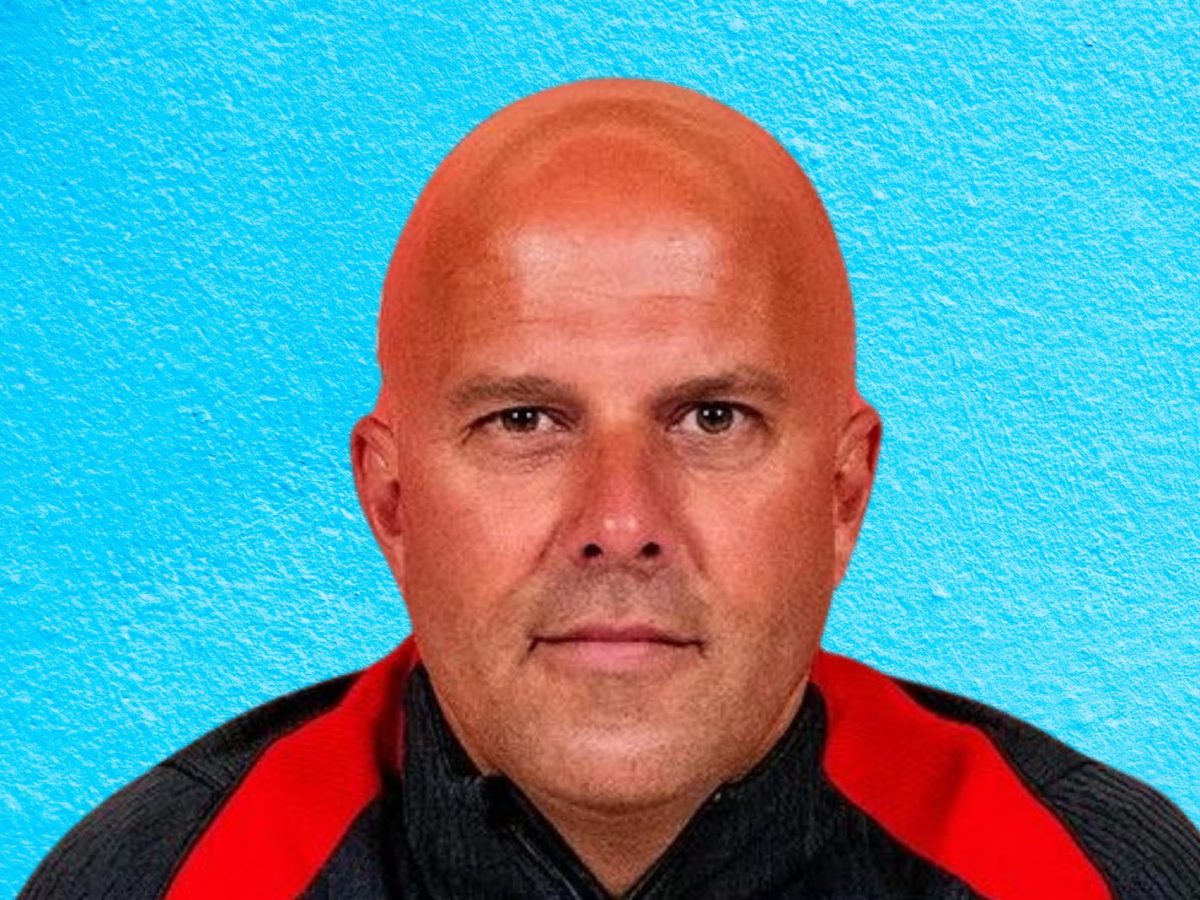A name can have many meanings.
Different cultures, countries, sects, classes, and religions bring tremendous diversity and set individuals apart from each other.
In this jungle of civilization, one can expect to come across an individual whose name may sound or mean something in one culture and can have a completely different take on a country or an area located across the world.
It happens when two different cultures come across each other. Words define our identity, but this particular identity may take a different connotation in different cultures.
In the world of football, players cross continental boundaries, travelling from one nation to the other for their work. So confusion relating to the meaning of someone’s name can easily arise, especially when you move to a country where you don’t resemble the normal population.
It’s normal in the football community that the roots or ethnicity of a player are often discussed. For today, the man in question is Arsenal’s young and electrifying forward, Bukayo Saka.
Although born in Ealing, Greater London, the 23-year-old’s parents are economic migrants from Nigeria who came to England for a prospect of a better life.

Saka is British since he was born on the island nation, but his ethnicity is African. His parents belong to a West African ethnic group named ‘Yoruba.’ Even his first name, ‘Bukayo’, taken from the Yoruba language spoken in Southern Nigeria, means “adds to happiness.”
All evidence proves one thing and one thing only: that Bukayo Saka is a British man with roots in Africa.
Setting The Record Straight: No, Bukayo Saka Is Not Japanese
But as we know names can have many meanings across different cultures. Saka is a victim of this.
The surname ‘Saka’, which hails from the Yoruba ethnic group in Nigeria, has a different meaning in the eastern Asian nation of Japan.
As per ancestry.com, the name ‘Saka’ means someone who lives on the slope. It’s a popular name in Japan with close to 17,000 people in the country using the surname, especially in urban cities like Tokyo and Osaka.
Immigration worldwide happens on a large scale every year. People move because of innumerable reasons but tracing the roots of Bukayo Saka to Japan would be a near to impossible task since his family history is out in public.
No one around Saka has questioned his roots, and the Saka family is truly comfortable and in sync with their ‘Yoruban’ identity.
So the idea of Bukayo Saka being Japanese doesn’t have any ground to stand on. And if even someone offers evidence that links Saka to Japan and tries to lure him to switch allegiances, Gareth Southgate will not let that happen.



